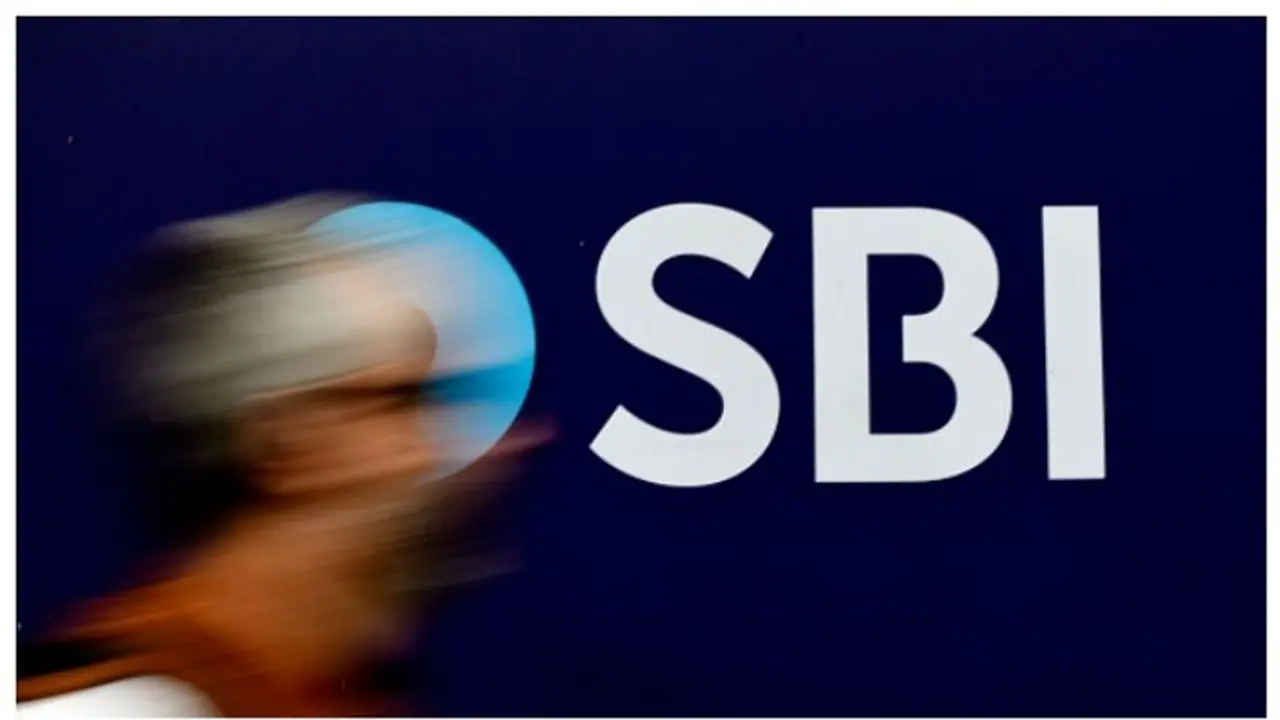The country's largest lender refused to reveal details of the Standard Operating Procedures (SOPs) while issuing to its branches regarding sale and redemption of bonds under the now-scrapped scheme. Transparency activist Anjali Bhardwaj had filed a petition under Right To Information (RTI) Act, seeking information about the SOPs laid down by the bank for the electoral bonds scheme.
The State Bank of India has refused to provide information on the Standard Operating Procedures that were sent to its branches regarding the sale and redemption of bonds under the now-canceled plan, even weeks after the Supreme Court called it up over the electoral bonds problem.

Transparency activist Anjali Bhardwaj had filed a petition under Right To Information (RTI) Act, seeking information about the SOPs laid down by the bank for the electoral bonds scheme.
SBI said that the SOPs were internal rules and that information about them is excluded from publication under Section 8(1)(d) of the RTI statute in a response sent by Deputy General Manager M Kanna Babu of the bank.
This subsection pertains to "information including commercial confidence, trade secrets or intellectual property, the disclosure of which would harm the competitive position of a third party, unless the competent authority is satisfied that larger public interest warrants the disclosure of such information" .
The state-run bank has "blatantly invoked the exemption clause without demonstrating how the disclosure would 'harm the competitive position of a third party,'" according to a statement released by the petitioner. She has stated that an appeal would be filed to contest the rejection.
The development comes weeks after the Supreme Court pulled up SBI for the delay in sharing details of electoral bonds with the Election Commission of India. After the historic ruling in February that eliminated the poll bonds scheme, the bank had requested three months to release the information. But the court turned down their plea and ordered them to release the information to the public within two days. In addition, the court threatened to hold the bank in contempt if it did not provide the information as soon as possible.
The bank received more criticism from the court shortly after disclosing the data. "Why hadn't the bank revealed the bond numbers," the judge questioned. Subsequently, the bank released the information and submitted an affidavit certifying that it had supplied all material information on the poll bonds program.
The Supreme Court struck down the electoral bonds program in its ruling on February 15th, citing violations of individuals' right to knowledge. Chief Justice of India DY Chandrachud declared that the scheme was arbitrary and illegal, and that it may result in a quid pro quo agreement between funders and political parties.
